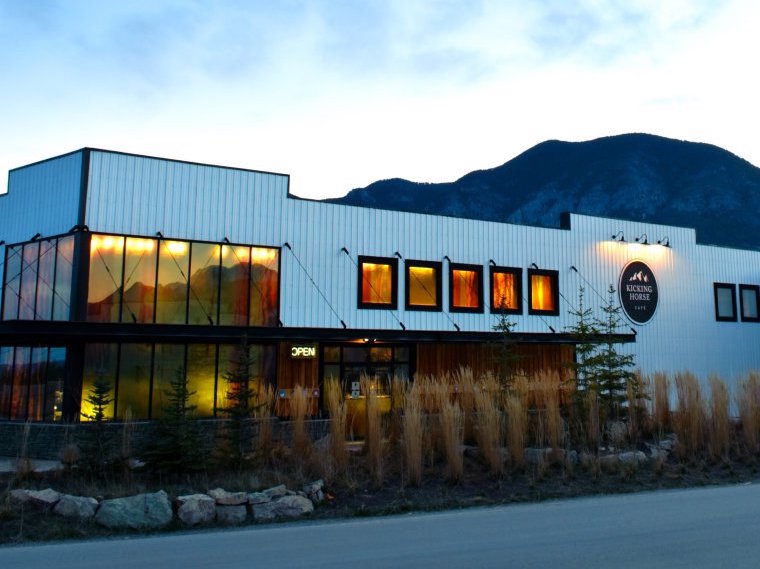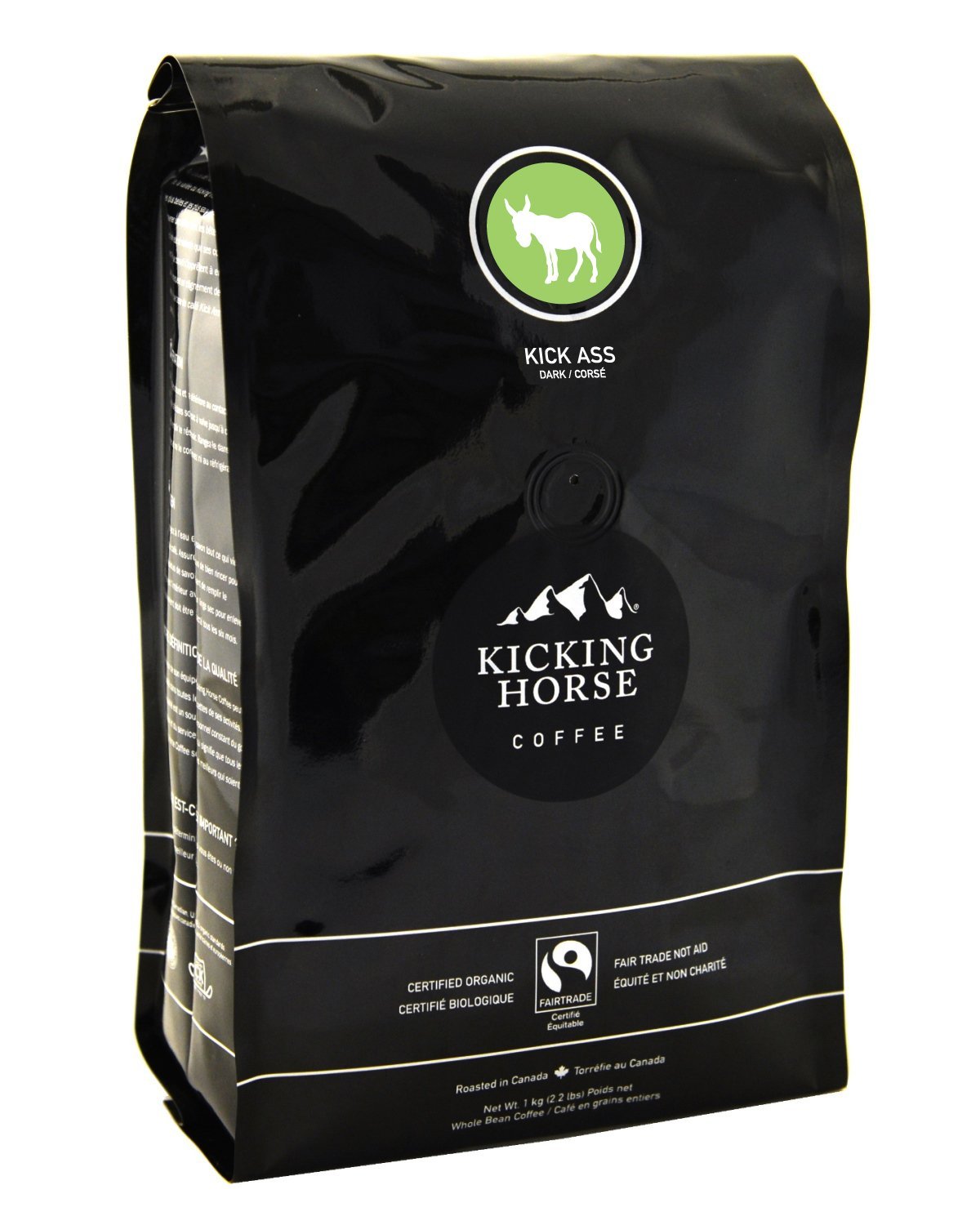The Lavazza Group has announced the acquisition of a majority stake in the 21-year-old Canadian roasting company Kicking Horse Coffee
. The 80 percent stake, valued at approximately $215 million CAD ($160 million) USD, was acquired from the private equity fund Swander Pace Capital, which had initially acquired the share in 2012.
Elana Rosenfeld
, who co-founded Kicking Horse in 1996 while roasting out of a garage, will retain a 20 percent equity stake in the Invermere, BC-based company, and will continue to serve as CEO.
The Lavazza Group, which recently reported annual revenue of €1.9 billion ($2.1 billion USD), has been aggressively growing with other recent global acquisitions, including that of the French coffee brand Carte Noire in the Spring of 2016 for $782 million, and the Danish coffee brand Merrild from Jacobs Douwe Egberts in 2015. The Italian coffee giant characterized the Kicking Horse acquisition as an important file in the company’s “premium” segment portfolio.
“Kicking Horse Coffee represents one of the ‘local jewels’ the Lavazza Group continues to seek as part of its globalization and premium positioning strategy,” Antonio Baravalle, CEO of the Lavazza Group and future Kicking Horse Coffee Chairman, said in an announcement today. “[Kicking Horse] has constantly grown at a double-digit rate and, thanks to this acquisition, its growth and development prospects both in and outside of Canada will increase significantly.”
Kicking Horse committed to sourcing greens that come with both Fairtrade and Organic certifications in 2007. While ground and whole bean packaged offerings from Kicking Horse can be found on the store shelves of hundreds of retailers throughout Canada and the United States, from small specialty grocers to big box stores, the company to this point has also pledged to stay out of the single-serve capsule game.
“Until the really, really, really bright people, the inventors, the creators and the pioneers of this world develop better standards, we simply cannot provide single-serve coffee. We are not satisfied single-serve packaging is sustainable at this time,” the company states plainly on its website. “We have carefully examined many options for sustainable and smart solutions but, we have yet to find an acceptable alternative that meets our standards and requirements for composting, recycling, and sustainability.”
Nick Brown
Nick Brown is the editor of Daily Coffee News by Roast Magazine.








Comment